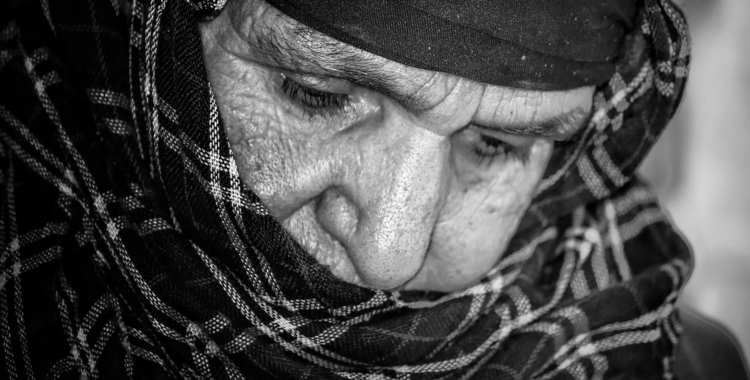How To Protect Non-English Speaking Family
Are we really tasering 87-year-old great-grandmothers now? I was watching the news and saw this unbelievable story out of Georgia. Police pulled a gun on a woman who was trimming flowers with a kitchen knife. When she didn’t understand their instructions to drop the kitchen knife, they tased her in the breast.
If that wasn’t bad enough, the police attempted to justify their actions by claiming they had to do it because if they tried to back away from her, they might have fallen. And if she had fallen forward herself, the officers would have been in danger.
I guess there’s no shame in justifying the tasering of an innocent 87-year-old great-grandmother these days.
Can this happen in the Bronx? Yes, absolutely. If you look at the justifications sometimes used by our local NYPD, it’s clear anyone could find themselves in a similar situation.
What can you do? Just looking at this particular case, I’d suggest that if you have friends or family who don’t speak English, do whatever you can to make sure they’re prepared in case of an encounter with the police.
How You Can Help Non-English-Speaking Friends and Family
1. Teach your friend or relative to say “I don’t speak English” in English. When an officer starts talking to them in a language they don’t understand, they need to repeat that phrase over and over until the police stop talking to them in a language they don’t understand. This can help the officers realize they will not be understood when they verbally communicate.
2. Tell your friend or relative to drop anything they have in their hands and raise their hands immediately. Tell them to drop the items even if the items couldn’t hurt anyone. Even a phone. Don’t reach into a pocket, don’t bend down to set the items down, and don’t toss them. Simply drop what’s in your hands. Police frequently say they mistook a phone for a gun so don’t take chances.
3. The only exception is if they are carrying a baby or child. If your friend or relative is likely to have a child with them, tell them to hold the child tight and don’t move their arms at all to reposition. When police approach and motion to hand them the child, immediately do it. And then raise your hands. Let anything else fall to the ground, including blankets, bags, or toys. The point I’m trying to make is how important it is to not make any sudden movements. Trying to catch something requires reflex action that police are likely to label a threat.
4. Tell them to stay still and wait for the officers to approach them. If officers are behaving in a hostile way, your friend or relative should be prepared to be handcuffed. Tell your friend or relative to stay calm while this is happening, even if they haven’t done anything wrong.
5. Tell your friend or relative not to yell or talk in their own language to officers. If the police don’t understand what’s being said, the stream of words will only add to an already tense situation and could trigger a more aggressive action.
6. Make sure your friend or relative memorizes the phone number of someone who speaks their language AND ENGLISH so that they can contact them in an emergency or if they’re arrested by police.
7. Teach your friend or relative to not give information to a police translator without an attorney present. Everything they say can and will be used against them in court. Teach your friend or relative to say “I want to call my attorney” repeatedly when talking with an interpreter.
8. Have them memorize the phone number of a multi-lingual defense attorney you have researched. Explain to your friend or relative that this is the number to call at the police station. Or you can have them call you, and you can call the attorney for them. Don’t rely on just having the number in their phone. They may not get access to their phone or it may have been broken during the arrest. Help your friend or relative be prepared.
Even if you don’t know an attorney that speaks your friend or relative’s language, whether it’s Spanish, Italian, Arabic, French, Albanian, or any other languages common in the Bronx, talk to an attorney you trust. Attorneys are experienced in handling this type of situation and we can get a translator quickly. As always, you can call me at our office anytime. We speak multiple languages and can connect you with someone if we don’t speak yours specifically.
Your goal is ultimately to prepare your friend or relative to not panic. It can be scary for a non-English speaker to have a police officer shouting demands or using force. It’s important that you help your friend or relative understand what to expect and how to react before they’re faced with a real situation.
ARE YOU DEALING WITH THE ISSUE IN THIS ARTICLE?
Let us help you. We post these articles to help you understand the issues you may be facing, but we welcome your questions. Contact us if you want more details or need to ask about a specific case. We’re here to help
718-618-5567




